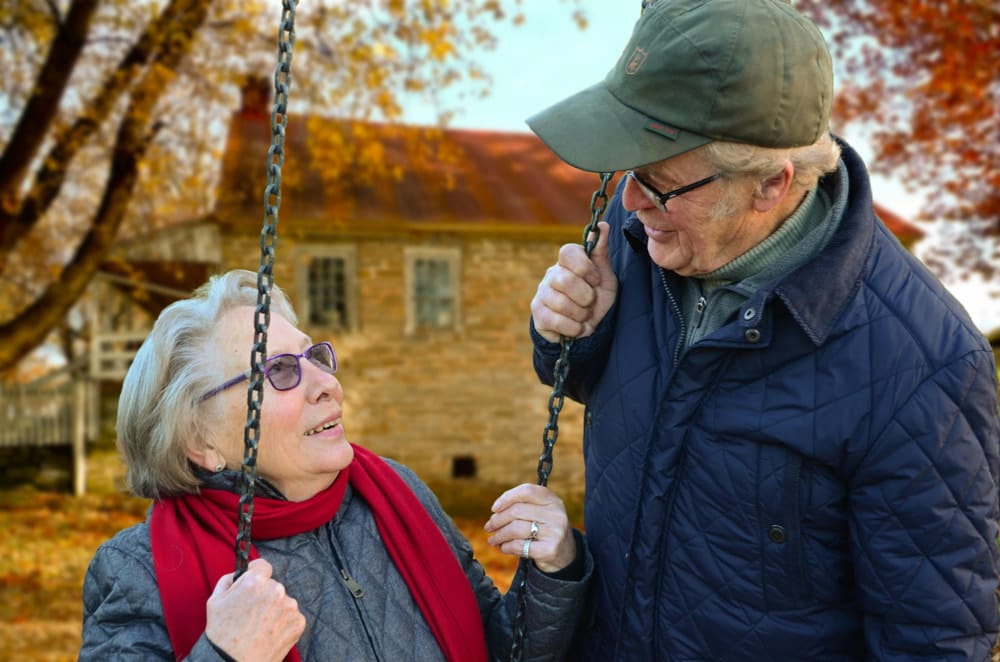I consider myself lucky to have had the chance to get to know all four of my grandparents.
My maternal grandfather was not actually my mother’s biological father—we won’t go into that here—but he was a wonderful man, a talented carpenter, and a chain smoker. So it did not surprise anyone when he died of lung cancer at age 77.
My grandmother from my father’s side was a very special woman. She was tough as nails and often unkind and direct. She was mostly miserable, yet she had a loving relationship with me that no one could ever explain. When she was 83, she fell and broke her pelvis. Doctors and researchers say that, on average, most people live for 12 more months after breaking their pelvis. She lived to be 88. At 86, she became bedridden, and her health deteriorated quickly. I imagine she would have lived to be over 90 if her pelvis had not broken.
My grandfather from my father’s side was a WWII hero. He joined the Red Army to fight the Nazis and was badly injured during the war. He had a heart attack at age 77, after which he saw a doctor three times a week and traveled with a suitcase full of pills. He died at 95.
My grandmother from my mother’s side was a relatively healthy person. She had a very hard life, which included escaping a Nazi work camp. She managed to evade the Nazis for two more years, until the war ended—always on the run.
They always struggled with money, and her life was mostly about survival. At 87, she needed a pacemaker. Other than that, she didn’t see doctors very often.
When she turned 100, she sang us songs from her childhood.
She died at 101.
They never set foot in a gym, never watched their diet, and often had inconsistent sleep. They lived their young lives in a toxic and stressful environment. I have a hard time reconciling their lives and deaths with what people say today about health and longevity.
It drives me mad when people say, “This food will help you live longer” or “This exercise will help you live longer” when none of the people I knew who lived to be over 100 years old ever bothered with that.
I’ve concluded that there is no one formula, and we cannot yet scientifically explain why some people live to be 100 while others don’t. But why do we keep telling others that we do when we don’t?
Elinor and I spent ten years perfecting our eating habits. It keeps us healthy and energetic, and it allows us to live well. However, I don’t think most people would find our way of eating sustainable.
I suggest that people develop their own formula — one that they can sustain for many years, that will prove healthy for them, and that is easy for them to follow given their lifestyle. Don’t listen to experts or others selling one diet or another. It’s not about what you follow; it’s about what you can sustain and what has been proven healthy for you.
No matter where you are in life or what you choose to do, I suggest you follow this advice: don’t listen to experts or people “just trying to help.” I’m sure their motives are pure; I just think you should invest the time to find out what works best for you.
Looking at the lives of people I knew who lived to be 100, I’ve concluded that there’s no formula. We don’t know enough. We should just find a way to sustain a healthy, happy life today without considering longevity.
Stay educated,
Aviram
